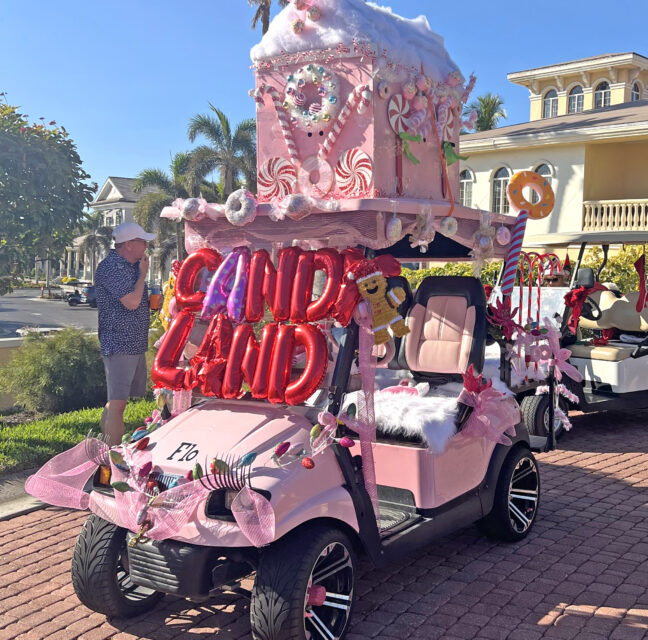
WE’VE SPOTTED FRAUDULENT ACTIVITY …
On a personal note, few things trouble me more than hardworking individuals … especially seniors … losing their life savings to fraudulent activity.
Individuals toil for decades, scrimping and saving, hoping to gather savings for their retirement.
Decades of savings can be lost in a matter of minutes.
While there are variations to this criminal act, it generally begins with a phone call, text or email from a company or lending institution that you are familiar with. In reality, this message emanated from a scammer.
“We have detected fraudulent activity on your account,” they indicate. “It is highly WE’VE SPOTTED FRAUDULENT ACTIVITY …recommended that you move your funds to a secure account.”
You will subsequently be “transferred” to an “account specialist,” “security specialist” or an individual with a similar title, who will help you to protect your hard-earned savings.
These “specialists” may claim to be government employees, bank employees, etc. They are merely part of a criminal group preparing to steal your funds.
“We can move your money to a secure account.”
“Transfer your money into a cryptocurrency account in order to protect your savings.”
The recommendations vary. The only commonality is that they are all scams.
In prior “Fraud Alerts,” we have discussed some of the many techniques used by criminals to make it appear as if they are reaching out from a reputable agency or corporation. Technology continues to make it easier and easier to fraudulently present oneself as a governmental employee, utility representative, bank employee, etc.
Many computer-savvy individuals have been fooled and have fallen victim to this type of fraud; don’t feel badly when you are uncertain about a call, email or text.
As always, never send money, provide personal identification information or agree to any type of transaction based upon a phone call, email or text.
Pause. Scammers try to create a sense of urgency. Don’t allow yourself to be stricken with concern.
Using telephone contact information that you know to be accurate (customer support numbers on the back of credit cards or contact numbers that you find on the bank or agency’s website), call the agency and verify the status of your account. Nearly every time, you will discover that the individuals that you were interacting with were criminals.
If you remain uncertain, please reach out to the Federal Trade Commission by calling (202) 326-2222.
Lastly, please report fraudulent activity to your local law enforcement agency.






